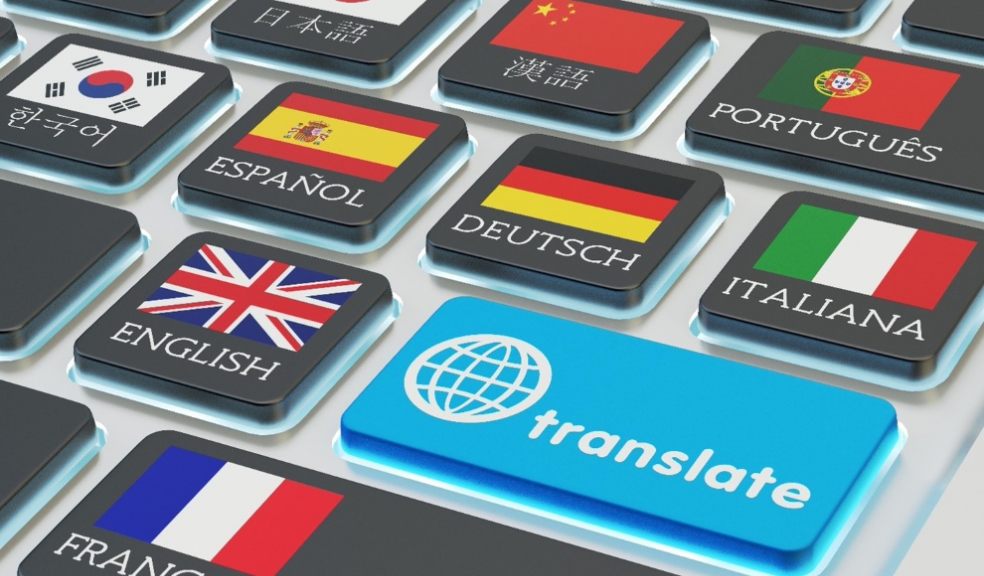
What should you charge for price per word translations?
Suppose you’ve just graduated from university with a degree in creative writing. But you’re also bilingual and feel you’d like to try your hand in combining your two skills by becoming a translator. Plenty of successful translators have gotten into the business by this route. Combining these two skills often provides you with a higher level of translation skills because you have a broader vocabulary because of your interest in writing.
But at some point, you'll have to make some practical decisions because those school loans aren't going to pay themselves back. You need to figure out your translation price per word rate.
Most translators opt for the simplest solution while they’re getting into the business and go the freelance route. And the freelance business demands that you charge a specific translation price per word rate. But when you do a bit of research and see what other translators are charging, you find that rates are all over the place. They're about 4 cents US per word to 15 cents US.
Could there really be that much of a difference in the quality and accuracy of the translation? Well, yes and no. Yes, the quality of translations can vary, and no, this isn't the only reason for the disparity.
Some languages cost more
You’ll find out the price per word of translations varies according to the percentage of translators supplying translations in the requested language. The translation market has evolved such that people who speak Romance languages like Italian, Spanish, and Portuguese, are simply more plentiful. It's the same for several eastern European languages such as Romanian, Croatian, Serbian, Czech and Polish.
The number of translators in the marketplace is much more numerous than the translators of Japanese, Korean and most of the Scandinavian languages that represent the most expensive price per word translations.
Local translators demand
Although it's not playing as much of a role in pricing with the availability of online translators, pursuing local translation jobs can also have a bearing on the price you charge. If you are a native Thai speaker located in Bangkok, you're not going to charge much for Thai-English translation jobs because of the number of competing translators in your region. But a Thai-Korean translator will be able to earn a very good living because there aren’t many of them around.
Freelance quality
The best advice for those looking to enter the freelance translation business is to do your research and check out what other translators who fit your language, region and quality of service are charging for price per word translations.
Try not to price yourself too low in the hopes of attracting more customers. Regular translation customers tend to favor translators that are reliable deliver high-quality work. They are willing to pay good money for good translations, and they typically don’t pay any attention to the lowest-priced translators.
Check out Slator.com for translation information. It’s an online translation resource with lots of information you can use to set your prices and build a customer base.













